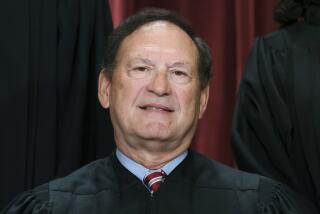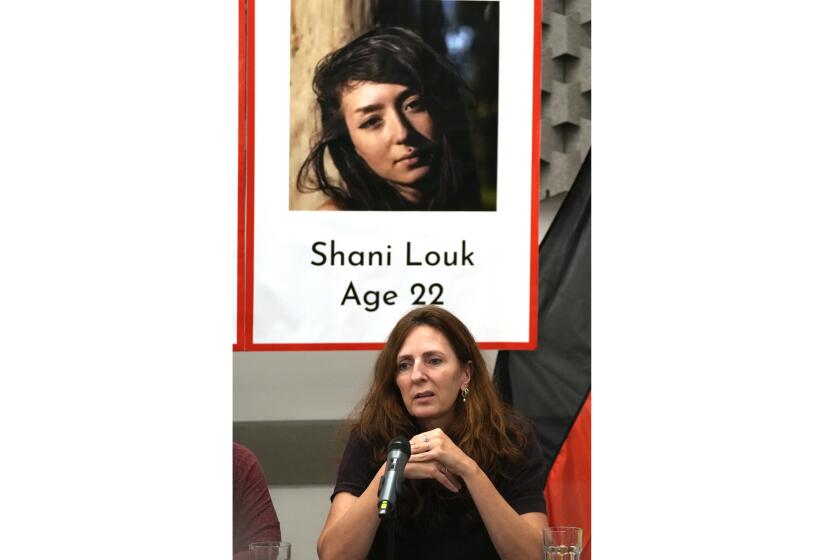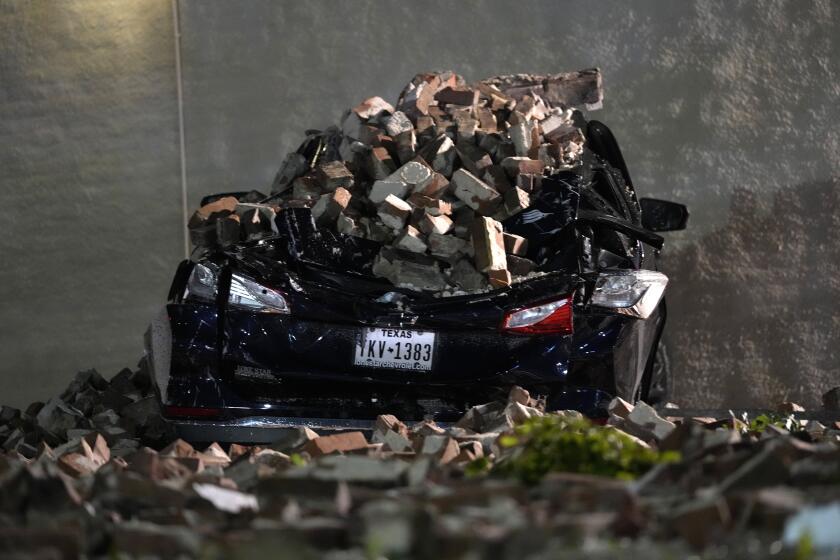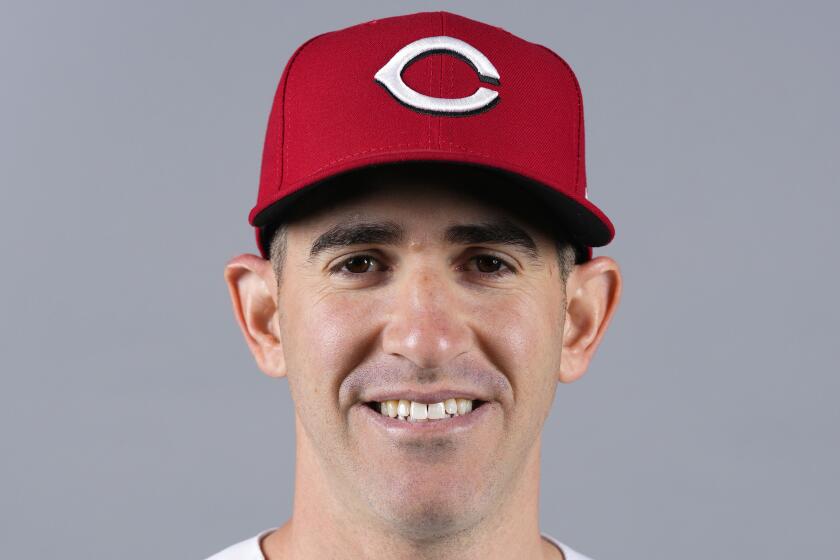Zoning Can Bar Houses of Worship, Judges Rule
Towns can prevent houses of worship from opening in residential areas in an attempt to control traffic and noise, a federal appeals court has ruled.
The case is one of a series of lawsuits in which religious organizations have sought to overturn zoning rules in cities and towns nationwide -- including several in California -- using a federal law passed in 2000. The law is designed to prevent towns and cities from using zoning laws to block the building of houses of worship.
The ruling this week by the 3rd U.S. Circuit Court of Appeals in Philadelphia overturned a lower court ruling that had sided with a Jewish congregation seeking to open a synagogue in a Philadelphia suburb. The town’s zoning law permitted kennels, riding clubs and golf courses -- but excluded churches -- in residential areas. Congregation Kol Ami sought to buy an 11-acre former monastery that now houses a small order of Catholic nuns.
The three-judge panel said in its opinion that large churches or temples can cause parking and traffic problems. Although churches once were seen as an integral aspect of most neighborhoods, “we do not believe land use planners can assume anymore that religious uses are inherently compatible with family and residential uses,” the judges said.
“The facts of this case illustrate why religious uses may be, in some cases, incompatible with a place of ‘quiet seclusion.’ ”
The decision does not end the litigation, however. The court sent the case back to the trial judge for further action.
“We still feel good about our chances,” said Anthony R. Picarello Jr., an attorney for the Becket Fund for Religious Liberty, which represented the congregation.
Marci A. Hamilton, the lawyer for the township in question, Abington, said she was confident it would prevail in protecting the zoning regulations that she says control suburban growth.
“This case takes place at a time when religious [buildings] are turning into ‘24-seven’ operations,” she said.
More to Read
Start your day right
Sign up for Essential California for news, features and recommendations from the L.A. Times and beyond in your inbox six days a week.
You may occasionally receive promotional content from the Los Angeles Times.






